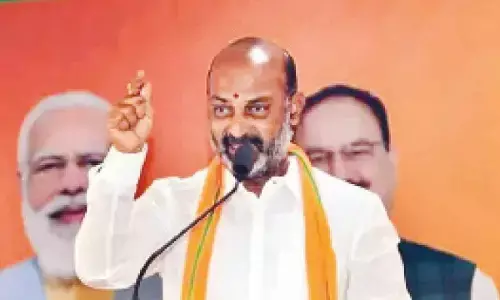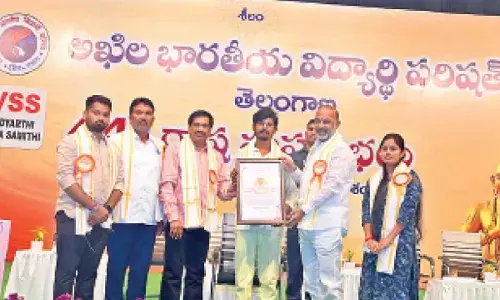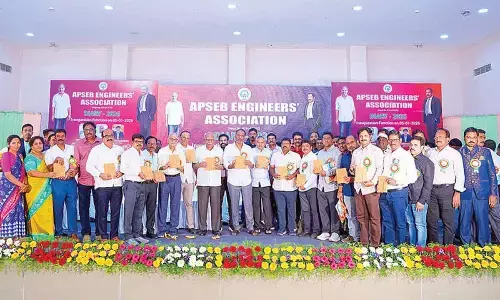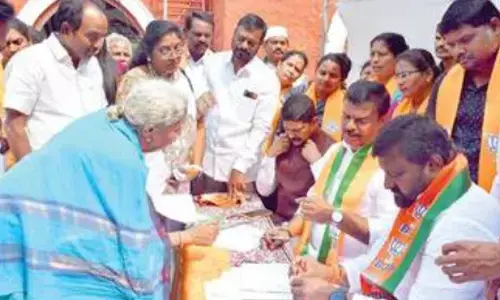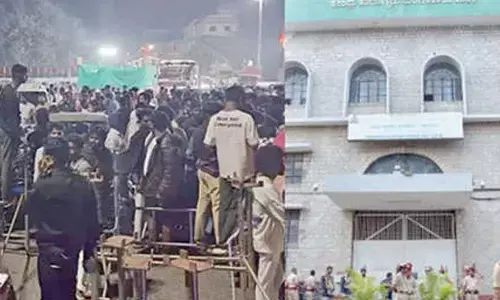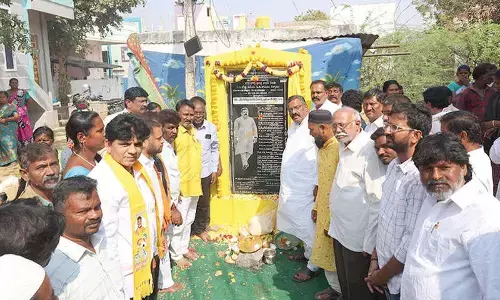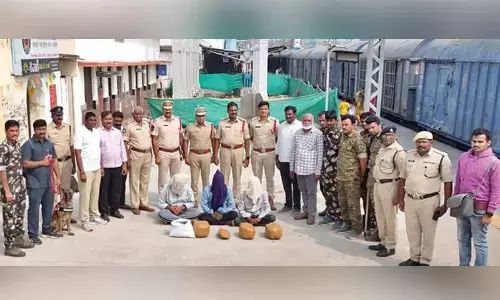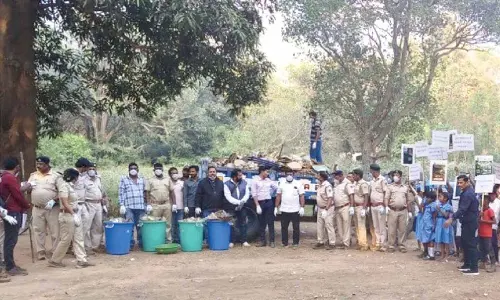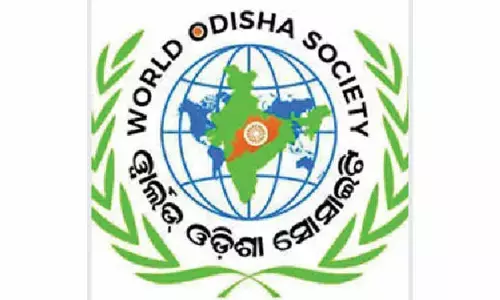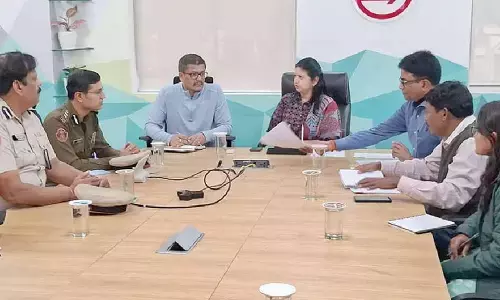World Literacy Day: 900 + students pan-India take workshops on digital literacy, safety, health, and well-being
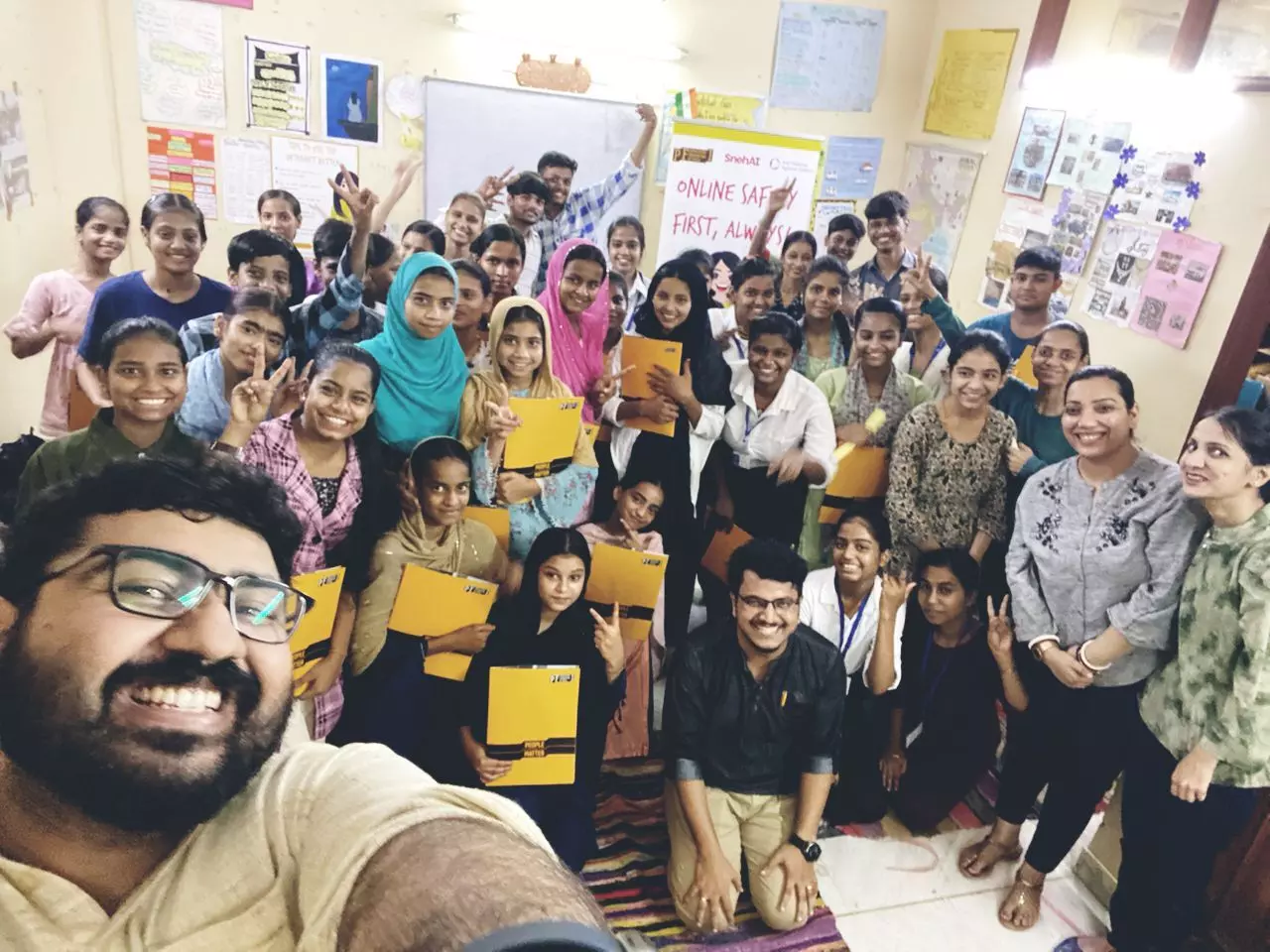
A series of workshops on online safety and sexual and reproductive health, sensitised students on ‘Safety Se Dosti’ in Lucknow, Delhi, Patna, Bangalore, Ranchi, Darbhanga, and Nawada
As we celebrate World Literacy Day on September 8, the spotlight is increasingly on the issue of digital literacy, particularly for young people navigating today's interconnected world. This gives greater significance to an initiative by the NGO Population Foundation of India: a series of workshops aimed at promoting digital literacy, online safety, and adolescent health and well-being among Indian students.
Over the past month, these workshops have educated more than 900 students across seven major Indian cities, including Lucknow, Delhi, Patna, Bangalore, Ranchi, Darbhanga, and Nawada. These informative sessions cover a range of essential topics, such as online safety, sexual and reproductive health, cyberstalking, cyberbullying, cyber grooming, online threats, and cyber wellness. Conducted in collaboration with various civil society organisations and government institutions, the workshops also offer capacity development sessions for educators. These sessions emphasize the importance of age-appropriate information related to adolescent sexual and reproductive health (ARSH), helping to create safer spaces both in classrooms and online.
In an era of rapidly expanding digital access, adolescents are increasingly susceptible to various forms of online victimisation. A UN report indicates that over a third of young people in 30 countries have experienced cyberbullying. Moreover, the UN has voiced concerns over children's exposure to hate speech, violent content, disinformation, and risks of online sexual exploitation. More than 80% of children in 25 countries are at risk of online sexual abuse, according to UN findings.
The workshops included orientation on SnehAI, an Artificial intelligence-powered chatbot, hosted on Facebook Messenger and WhatsApp. The interactive chatbot has been created by the Population Foundation of India to provide a safe, personalised, and non-judgemental space to young people where they can gain information in Hinglish about online safety as well as sexual and reproductive health and wellbeing. Through this chatbot, students and educators can learn about safe online behaviours, the significance of protecting personal data, and methods to avoid online scams and predatory individuals. The workshops guide participants in recognising elements of online harassment and bullying, while also advising on maintaining emotional and physical well-being.
Commenting on the impact these workshops had on students, Tejwinder Singh Anand, Lead – Technology and Communications at Population Foundation of India, says, “The workshops elucidated the importance of consent even in online communications, the necessity of guarding private information, and the potential repercussions of engaging with scammers and predators. SnehAI instantly puts adolescents at ease because it communicates like a concerned and trusted friend and in a language that they understand. Among other things, students also learned the potential consequences of oversharing personal or financial information online and clicking on unfamiliar links or trusting suspicious content online.”
By focusing on digital literacy, online safety, and adolescent health and well-being, these workshops represent a crucial step in equipping the next generation with the knowledge and skills they need to navigate the complexities of the digital age.








